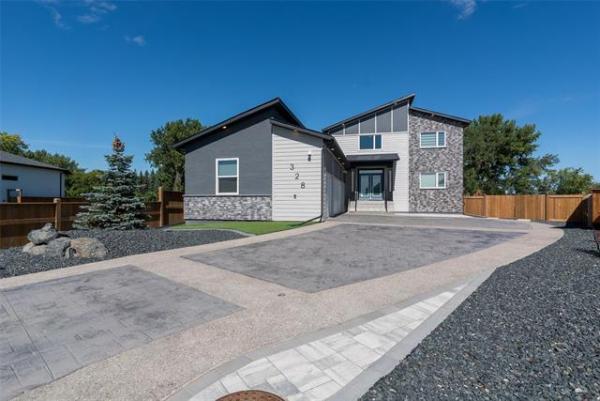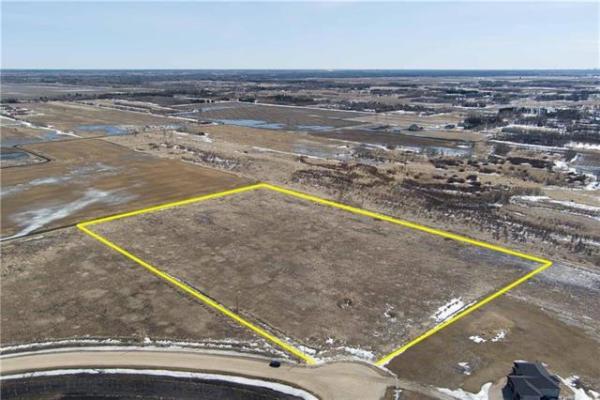If you're a condo owner in Manitoba, you might already know that your condo corporation needs to complete a Reserve Fund Study, which provides a plan for long-term spending over the next 30 years.
This detailed financial study is governed by legislation that includes The Condominium Act and Condominium Regulations. More information about these documents posted on the provincial government website at www.gov.mb.ca/condo.
When it comes to the reserve fund, the condominium regulations include the important concept of "ideal balance," which is defined as "the pro-rated cost liability for the repair and replacement of the items or types of items in the condominium corporation's component inventory in any year covered by the reserve fund study."
Throughout North America, "fully funded balance" is a more common term for this concept. However, different jurisdictions might mathematically define the concept in subtly different ways.
Here in Manitoba, the Condominium Act describes the calculation as follows:
"23(2) To calculate the ideal balance for a reserve fund for each year covered by a reserve fund study, the person conducting the reserve fund study must
(a) apply the formula in subsection (3) to each item or type of item in the component inventory; and
(b) add together each amount calculated under clause (a).
23(3) The following formula applies for the purpose of subsection (2):
(current age ÷ useful life span) × current cost"
In order to use this calculation, your qualified Reserve Fund Study consultant must estimate or determine three things for each reserve component. He or she must include the current age of the component, its useful life span and its current cost, which is adjusted for future years by an assumed annual inflation rate.
In a typical condominium corporation's physical component inventory, there might be dozens of component categories — and this calculation needs to be applied for each and every one of them. The Reserve Fund Study consultant will add together all of these component categories in order to provide an "ideal balance" for the reserve fund for each of the 30 years of the study's projection period.

It might sound like a complicated process, but there is practical importance to the concept of "ideal balance" for your condo corporation's reserve fund.
"The ideal balance of a condominium corporation provides a benchmark to which the corporation may compare their actual reserve fund balance," notes Michael LaPorte, CRP, PRA, AACI, P. App. of NLD Consulting Reserve Fund Advisors.
"This comparison will reveal how greatly the condominium corporation's current funding level differs from the ideal balance, and the financial analysis in the study may provide a funding model that works towards 'closing this gap.' This approach could reduce the risk of the need for funding through special assessments in the future, and result in more equitable contributions."
To sum it all up, the Manitoba Condominium Act and Regulation includes several key concepts regarding the reserve fund — and "ideal balance" is an important one to condominium owners. For more information about this concept and other important issues concerning the Reserve Fund Study, consider contacting a qualified Reserve Fund Study consultant.
NLD Consulting - Reserve Fund Advisors specializes in Reserve Fund Studies. For a free proposal, visit their website at www.manitoba.reserveadvisors.ca or call them at 204-815-5280.








